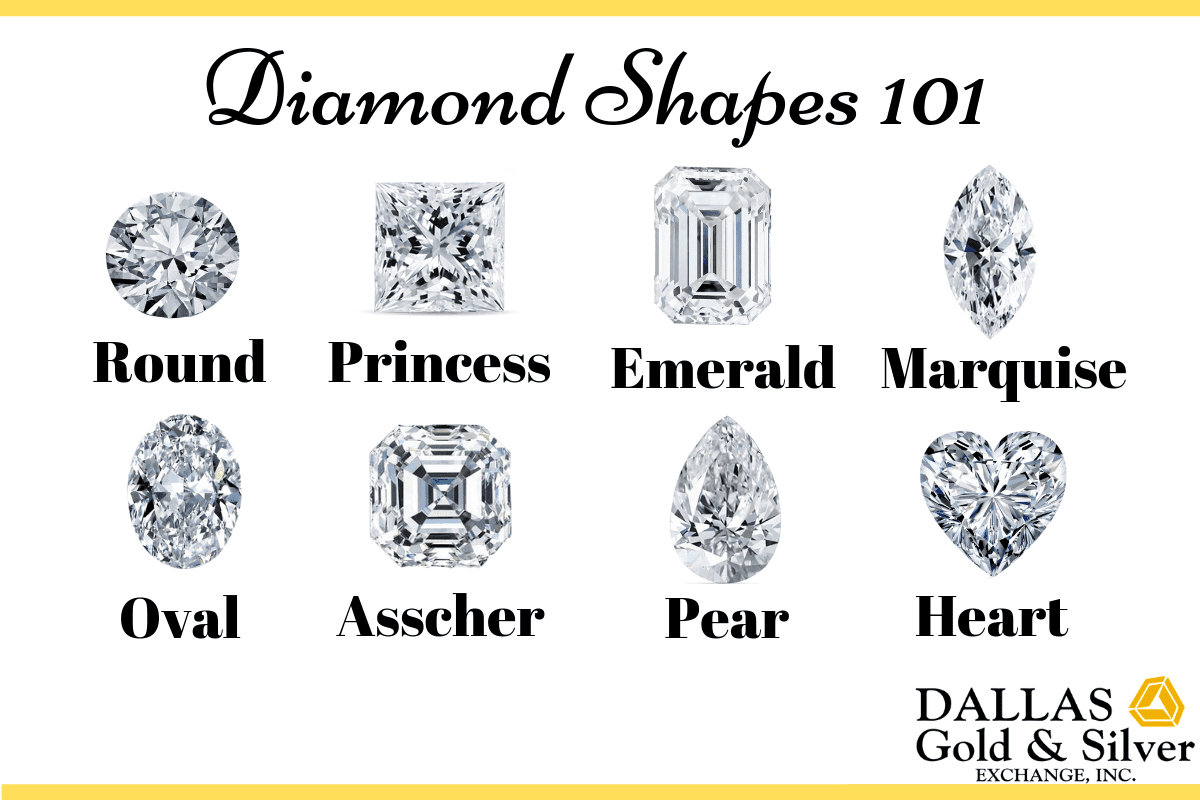Jennifer Lopez’s love don’t cost a thing, but she still got a pretty solid engagement ring from Ben Affleck! J. Lo’s newest engagement ring features an 8.5-carat ultra-rare green diamond with white diamonds. Affleck and Lopez were previously engaged in the early 2000s, so this is technically their second engagement and second engagement ring. The celebrity ring is worth a whopping $5-$7 million! If you’re like us, you might want to learn more about green diamonds and how they come to be. Read on to learn more about this beautiful phenomenon! About Green Diamonds The most common diamond colors are clear, black, and brown. Other colors are much rarer; Bennifer’s first engagement ring was a pink diamond, even more rare than the green one she dawns now. Another rare and highly sought-after color of a diamond includes blue. You may have heard of quite a famous blue diamond: The Hope Diamond. Green diamonds result from specific imperfections in the diamond’s structure, most commonly caused by radiation damage. In a clear diamond, every color gets reflected. However, in a green diamond, radiation from nearby uranium or thorium ore can hit a diamond’s carbon structure and cause light to bounce off it differently, creating a green hue. There are reports of green diamonds in nearly every country that produces diamonds. However, according to GIA, some localities consistently dig up more of these valuable stones. These countries include Brazil, Guyana, Venezuela, Zimbabwe, and India. The largest green diamond is the 41-carat Dresden Green Diamond. From the Golconda mines in India, it has a clarity of VS1 and potentially internally flawless, if slightly recut. While every diamond is unique, we love the imperfections that create a specialty color diamond. In fact, we think this imperfect diamond is the perfect choice for the rekindled Bennifer romance! What do you think?
Tag Archives: engagement rings
So, you’ve decided to start looking for a diamond engagement ring. Good news — you’re in excellent hands! We’ll help you find your dream engagement ring at Dallas Gold & Silver Exchange for the very best price. The first step in creating the perfect engagement ring is choosing the right diamond, starting with its shape. Choosing the diamond shape for your engagement ring is deeply personal, so take your time in making the right decision. To help you along your path to the perfect engagement ring, check out the Diamond Shape Guide from the experts at Dallas Gold & Silver Exchange: Diamond Shape 101 Even if you’re just beginning your journey to your dream diamond, chances are the first thing that comes to mind is its shape. A diamonds shape (not to be confused with cut), refers to the general silhouette of the stone, according to the Gemological Institute of America (GIA). Each diamond shape has their own defining attributes that match different styles and personalities. Round Round diamonds reign supreme as the most popular engagement ring choice. They are a classic option that look gorgeous in a wide variety of settings. It makes them the perfect diamonds to pass down as a family heirloom because they stand the test of time and trends. This shape is well-suited for the woman with traditional style and who keeps their accessories simple and timeless. Princess As the second most popular diamond shape behind round, this diamond fits a wide variety of styles from contemporary to traditional. Like the round diamond, it fits perfectly many different settings. If you are on the hunt for a diamond that is easy on the budget, the princess cut is a great option since the process of cutting is simpler and keeps more of the rough diamond — and, of course, it shines just as brightly as other shapes! Emerald Emerald cut diamonds are a fabulous way to make a statement. They stand out among other cuts due to their mirror-like step facets and their elongated, rectangular shape. Emerald diamonds make wonderful solitaire options, three stone settings or settings with small accent diamonds. This diamond suits a wearer with sophisticated style and can also give an elongated effect to ring fingers. Asscher This royal shape is unique in that it is the first diamond shape to be patented — and it’s no surprise why The Asscher Diamond Company would want this cut all to themselves! This diamond shape is cut with step facets, similar to the emerald cut diamond. The “hall of mirrors” effect with the Asscher cut exudes old Hollywood glamour and royalty, so this is the perfect shape for the bride-to-be that dreams big and has a flair for vintage items Marquise This regal cut is making a comeback — and for good reason! The marquise diamond boasts a brilliant 58 facets and its slim figure can appear larger than its carat weight. Some are even opting to set it horizontally for a modern take on an antique-style shape. Setting it vertically can have a slimming effect, as well. This style is perfect for the recipient with a flair for vintage and elegant style. Oval This stone in particular is having a moment. Oval diamonds are a modern twist on the classic round diamond. Similar to the round diamond, they fit wonderfully in a variety of settings. The elongated shape of oval stones can also make a ring finger appear longer and leaner. This shape is a beautiful option for the bride-to-be with chic and modern style. Pear This unique style resembles a teardrop and, according to the GIA, “blends the best of the round and marquise diamond shapes.” A versatile shape, some romantics like to wear their pear-shaped diamond with the point facing their heart, while others find a slimming effect with the point facing the tip of their fingers. We find this cut gorgeous with a curved band shaped to hug the diamond — it makes a fabulous compliment to a stunning shape. Heart If your bride-to-be is a romantic with an affinity for pink, look no further than the heart-shaped diamond. Living up to its name, the heart diamond embodies the symbol of love and affection and therefore makes a gorgeous engagement or anniversary ring, or even as a special gift for Valentine’s Day. This diamond is cut similarly to the pear shape and features two rounded edges divided by one cleft. Here’s a little-known fact about heart shape diamonds: it is one of the most difficult cuts to create, making it all the more special!


